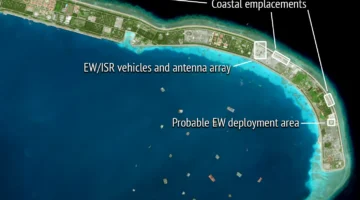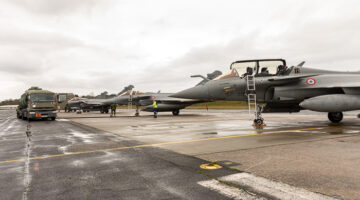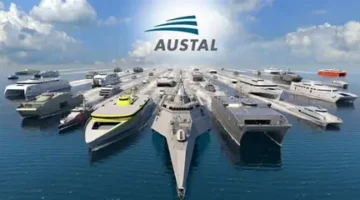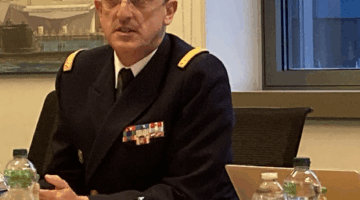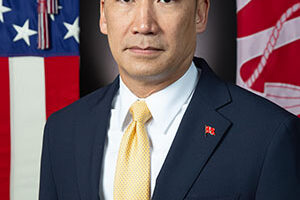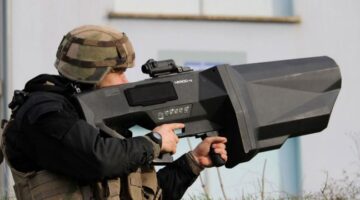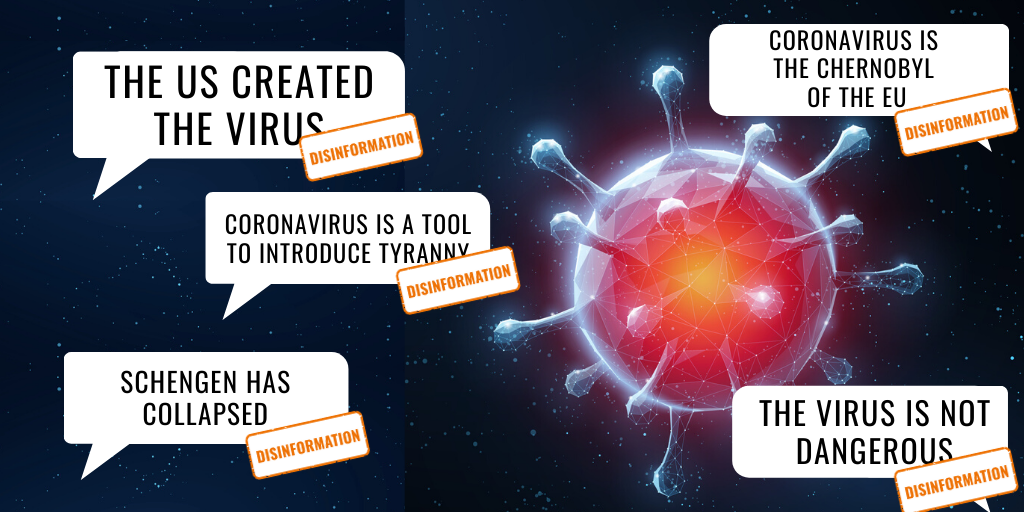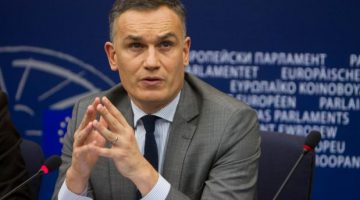By Giulia Tilenni, Italian analyst on European defense and security issues – This seminar, organised by EuroDéfense France and the EU MEP Jean Arthuis (ALDE), former French minister and President of the EU Parliament budget commission, was held on May 2 at the European Parliament siege in Brussels.
The seminar has been organised in a topical moment for EU defence. On the same day, the EU Commission was wrapping up its proposals for the 2021-2027 Multiannual Financial Framework (MFF), the first to include a defence-tailored fund. This is an important result for EU defence cooperation, hard to figure out a couple of years ago, as confirmed by Pierre Delseaux, EU Commission’s DG GROW Deputy Director-General. During his intervention, Mr. Delseaux stressed that political talks or events on EU defence had not been common until 2016, a year that market a tipping point for EU defence integration. Since then, EU defence cooperation has gained momentum, and reached more relevance than ever before.
The list of panellist provided a simple yet effective proof of Mr. Delsaux’s statement. General Esa Pulkkinen (Director General of the EU Military Staff), Mr. Jorge Domecq (the European Defence Agency – EDA – Executive Director), General Arturo Alfonso-Meiriño (the Organisation for Joint Armament Co-operation – OCCAR – Director) and Mr. Thomas Gottschild (MBDA Strategy Director/MBDA Deutschland) accepted to share their views on the impact EU defence funds could have on the EU defence integration process.
Each participant praised the joint efforts that are shaping up EU defence, underlying that strong cooperation among the relevant stakeholders is one of the most innovative aspects of the ongoing defence integration advancements. Pulkkinen, Delsaux and Domecq underlined that, in order to maximise their efficiency and effectiveness, joint projects financed by the EU defence fund should respond to operational requirements and capability shortfalls previously identified by member states, with a particular attention to standards’ harmonisation and interoperability. To this end, a clear prioritisation of the most urgent needs will be of crucial importance.
The panellists highlighted that the ongoing process towards defence integration should tend to reach a level of strategic autonomy that could make the EU a credible international actor, in line with the level of ambition expressed in the EU Global Strategy. Pulkinnen and Domecq went into further details of what strategic autonomy should consist of. For General Pulkinnen, strategic autonomy should imply strategic responsibility, which means member states should remain committed to pursuing joint defence efforts. They should exploit EU cooperation in a way that allows for developing new capabilities to deploy in EU-led military operations and for pursuing a fairer burden sharing with NATO allies. Mr. Domecq added that strategic autonomy should also mean security of supplies, that is to say reducing EU dependency from foreign technologies.
Looking at the core of the seminar, the EU defence fund, Mr. Delseaux provided interesting insights about EU Commission’s discussions on the topic. The Commission will likely propose a €13 billion defence fund (about €2 billion more than expected), to be ideally shared between research (€4.1 billion) and capability (€8.9 billion). Additional funds would be dedicated to military mobility (€6.5 billion), European Peace Facility (€10.5 billion) and space (€16 billion). Despite the legal framework on fund’s allocation management is expected in June 2018, the EU Commission has already attached some indications to its economic proposal. The Commission envisages the creation of a unique defence fund for R&D, with the amount of allocations to vary according to the projects’ technological readiness level – with a preference for research, which could be 100% funded. The Commission, responsible for the fund’s governance, will select potential recipients according to EU strategic documents such as the Coordinated Annual Review on Defence. Eligible PESCO projects would have the priority because they express EU members’ strategic considerations.
Panellist also went through the benefits the EU defence fund could bring to the European Defence Technological and Industrial Base (EDTIB), which has to be well functioning and competitive to better support EU strategic autonomy. As the defence market follows its own dynamics and is a risky market to invest in (especially for R&D), funds could push EU defence actors to mitigating risks by working together. SMEs should be included in this process, as they could help in identifying disruptive technologies and grant them a bigger role in the EU market – something that the DARPA makes in the U.S., but that according to Mr. Domecq cannot be reproduced in the same way within the EU market due to its structure. In fact, the EU defence fund is expected to incentivize cross-country and cross-industry cooperation, to reduce existing duplications, and to create the basis for further developing EU defence industry. Mr. Domecq underlined that the EU defence fund could also partially compensate for declining defence budgets (-10.7% in real terms between 2005 and 2017) and push EU defence companies to further collaborate.
In expressing the industrial point of view on the EU defence fund, Mr. Gottschild stressed that joint projects are heavily affected by political willingness (including a clear definition of operational requirements), and regulatory frameworks (e.g. simplifying shared programmes). This is the reason why EU defence companies welcomes ongoing efforts towards a strengthening of the EDTIB, from which they could gain strong benefit and which could reduce EU defence market’s inefficiencies.
Gen. Alfonso-Meiriño highlighted that OCCAR, despite it is not part of the EU framework, has been working on a number of cooperative research and capability programmes (e.g. MALE RPAS) thanks to specific agreements with EDA. As the organisation recognises the EU fund could effectively help in building up a stronger EU defence industry, Gen. Alfonso-Meiriño confirmed the will to bring OCCAR expertise in project management to the next EU funded projects.

